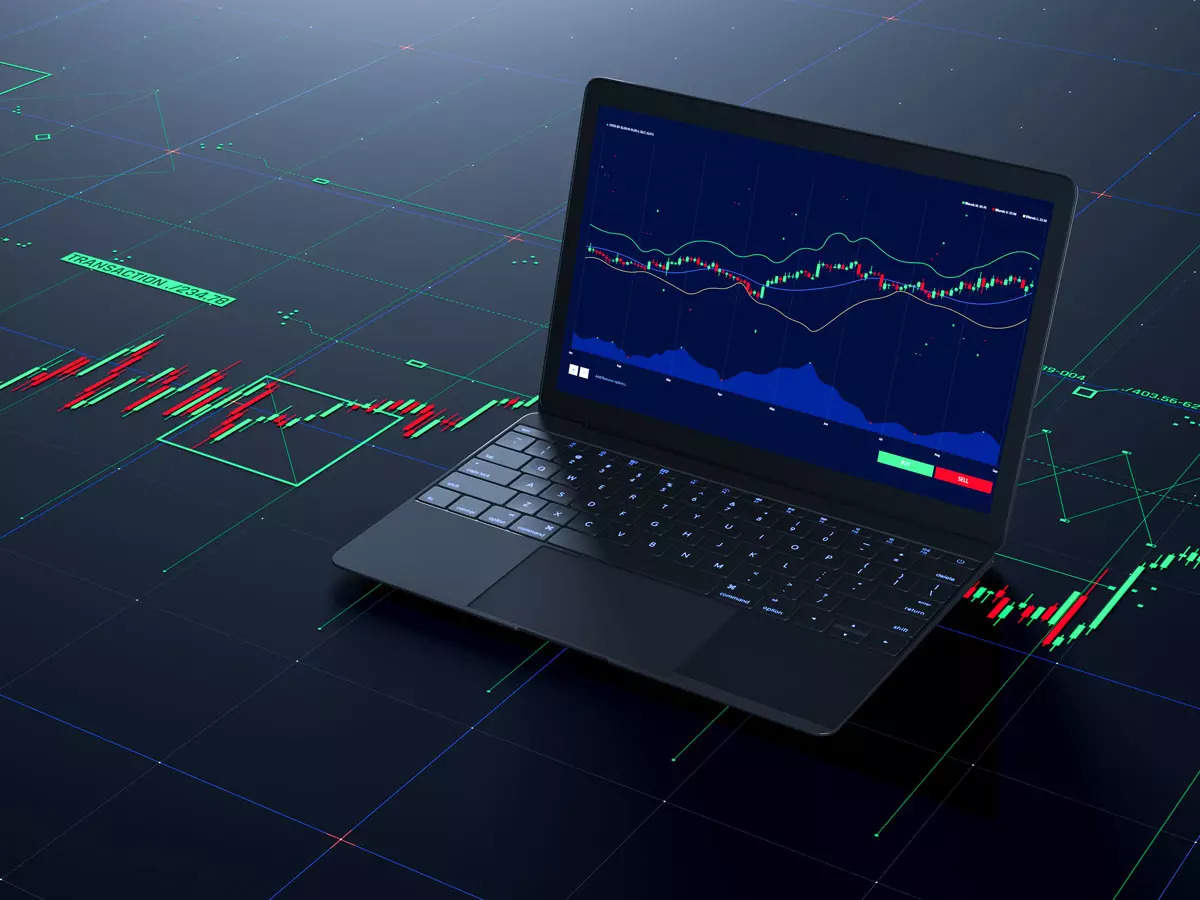Broadly, Market Participants can be divided into two types: The investing parties & the managing parties.
INVESTING ENTITIES
The first type of investor in the stock market is the Retail Investor i.e. Us. Any individual who invests in shares using a Demat account to earn returns and has assets of less than Rs 25 lakhs to his name, is a retail investor. We invest our savings into the market to get better returns and make more money. However, we are the smallest class of investors in the market. According to research, Retail investors hold less than 10% stake in the Indian markets!!
A bigger investor class is that of a High Net worth Individual (HNI). This is an investor that has a net worth of over Rs 25 lakhs. Other than the difference in net worth, there are only 2 notable differences between an HNI and a Retail Investor. First, an HNI has more resources, so the volume and extent of his trade are significantly higher than that of a Retail Investor. Second, they have a separate quota in IPOs!!
However, is a net worth of over Rs 25 lakhs able to move markets? Are we as individuals capable of buying stocks costing over 5 figures per share or reaching millions in share volume that cost well over hundreds of crores?
No. Our action of buying/selling 50-100 shares may not make much of a difference in the market. The largest players in the markets are Institutional Investors. An institutional investor is an institution that invests in securities instead of an individual. These can be Hedge Funds, Pension Funds, Investment Banks, Asset Management Companies, Mutual Funds, Insurance Companies, Pension Funds, etc. Among institutional investors, there are two different types: Domestic and Foreign.
Domestic Institutional Investors refer to entities like Indian AMCs, Indian insurance companies, banks, and so on. These are all institutions belonging to India. A Foreign Institutional Investor, on the other hand, is an investor or investment fund that invests in the securities markets of different countries. These are a great source of foreign capital as they bring in money from other countries and invest in our country. They invest in the securities of countries that are growing and therefore earn more returns.
Institutional buyers play a huge role in the market. They invest on behalf of their clients and possess know-how about things that normal retail investors don’t. They move the biggest positions and are the largest force behind the change in the price of shares. Their role is of such importance that 50% or more of almost every IPO in India is reserved for them!!!!
MANAGING PARTIES
Now that we know who invests in the market, let’s discuss the people who manage the market. A stock market cannot be left to the forces of demand and supply alone since the risk of fraud and unhealthy trading would be extremely high.
For example, what if you can fool investors into giving you their money by acting as a broker? They will be giving you the money to invest, but what if your intentions take a wrong turn after seeing all that money? You could run away with their money, content and rich, leaving behind a group of disgruntled and cheated investors.
Now, you’ve made a huge loss in the markets due to crooks. Would you ever consider jumping in again? Chances are that you won’t, no matter how attractive it seems.
This is a huge loss for any country as an investment in securities improves economic activity, the absence of which could result in a slowdown in the country. Therefore, it is important to manage a share market such that it benefits its investors.
The first participant is the Broker. As the name suggests, a broker is an entity that facilitates transactions on your behalf for a commission. These brokerages are registered and are the means of transacting with the market. The platforms they provide are the only means to buy/sell any shares.
The next one is the Exchanges that we discussed earlier.
The third participant is a Clearing House. This entity ensures all the trades are cleared and settled. It acts as a middleman between the transacting parties and ensures that all transactions are carried out smoothly and accurately. Currently, there are 6 registered Clearing Houses in India:-
- Indian Clearing Corporation Ltd.
- Metropolitan Clearing Corporation of India Ltd.
- Multi Commodity Exchange Clearing Corporation Ltd.
- National Commodity Clearing Ltd.
- NSE Clearing Ltd.
- AMC Repo Clearing Ltd.
Another important market participant to be mentioned is the Depositories. They help store securities in your Demat account and all brokers are Depository Participants (DPs) who provide their clients with trading platforms. India has two main Depositories: National Securities Depository Limited (NSDL) & Central Depository Services Limited (CDSL).
The Depository is who maintains the shares, makes certain that the correct transactions are carried out, and ensures that all corporate actions like Stock Splits, Bonus shares, etc. are given to the correct shareholder. They also provide a collateral account that makes sure the shares can be properly pledged/hypothecated.
However, SEBI is inarguably the most important market participant. The Indian government has an investor protection unit called the Securities Exchange Board of India (SEBI). This entity was given power after the biggest securities fraud in India i.e. the Harshad Mehta Scam. SEBI protects us from fraudsters, companies, or individuals, and promotes healthy trading in the country.
Its influence extends to such an extent that all brokers and institutional investors are required to register themselves with SEBI to trade! Moreover, all companies trying to raise money from the public are required to get the approval of SEBI, failing which they are unable to float their IPO. Thus, SEBI is your protector in the stock market!











 1,499
1,499
